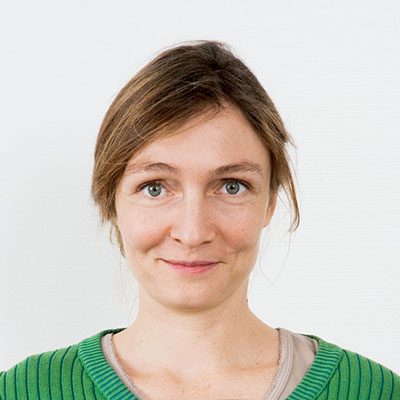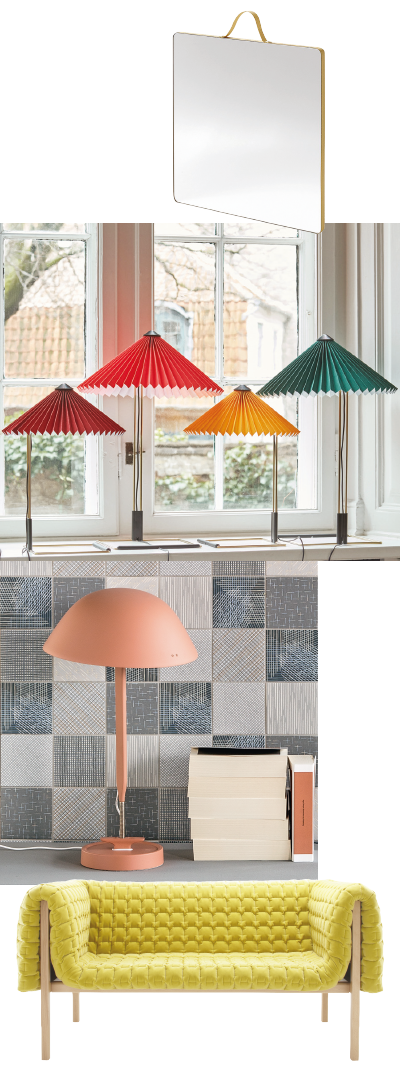
EFFORTLESS SIMPLICITY
Simple but not austere, fastidious without being stuffy, dream-like but above all practical...
The carefully conceived work of parisian designer Inga Sempé can be seen from the capital of elegance that is Milan to the scandinavian shores of Helsinki.

This former resident of the Villa Medici, graduate of ENSCI — National School of Industrial Design — has always shied away from that certain Parisian mindset which is more interested in applying labels and celebrating living room design than supporting true craftsmanship.
And Inga doesn’t mince her words. Far from being a prosaic detail of the design process, for her, industrial design constitutes a real challenge, as complex as it is fascinating: that of solving a technical, economic and esthetic challenge to create objects that will sell to thousands of people around the world.

Where does your passion for design come from?
Inga Sempé: When I was younger, I used to make ordinary objects such as match boxes, packs of cards, etc. I’ve always been interested in items and who designed them. When I was a child, I used to wonder who was behind each new item I came across. I also used to wonder how they managed to recreate these objects identically, all over the world.
What experiences have you had which particularly opened your eyes?
I. S.: I learnt a lot during my internship at Marc Newson - the designer behind the Embryo Chair and the Apple Watch - especially for the need to have all the technical expertise at your fingertips for any project you are working on. Otherwise, you have to accept that other people’s ideas might win out over yours.
How would you define a successful industrial object?
I. S.: Since the 19th century, we have produced a great many ingenious and technical masterpieces, as well as some real shockers. As soon as an object that is both intelligently designed and beautiful becomes part of an industrial and economic process, then I consider it to be a great success!
Is there an iconic item you wish you had created?
I. S.: I often give porcelain door knobs as an example. They are desirable objects without being costly and they are also lovely and pleasing to use. Porcelain makers cleverly fired them in their furnaces nestled alongside the plates they were making.
Photo credits: Inga Sempé


